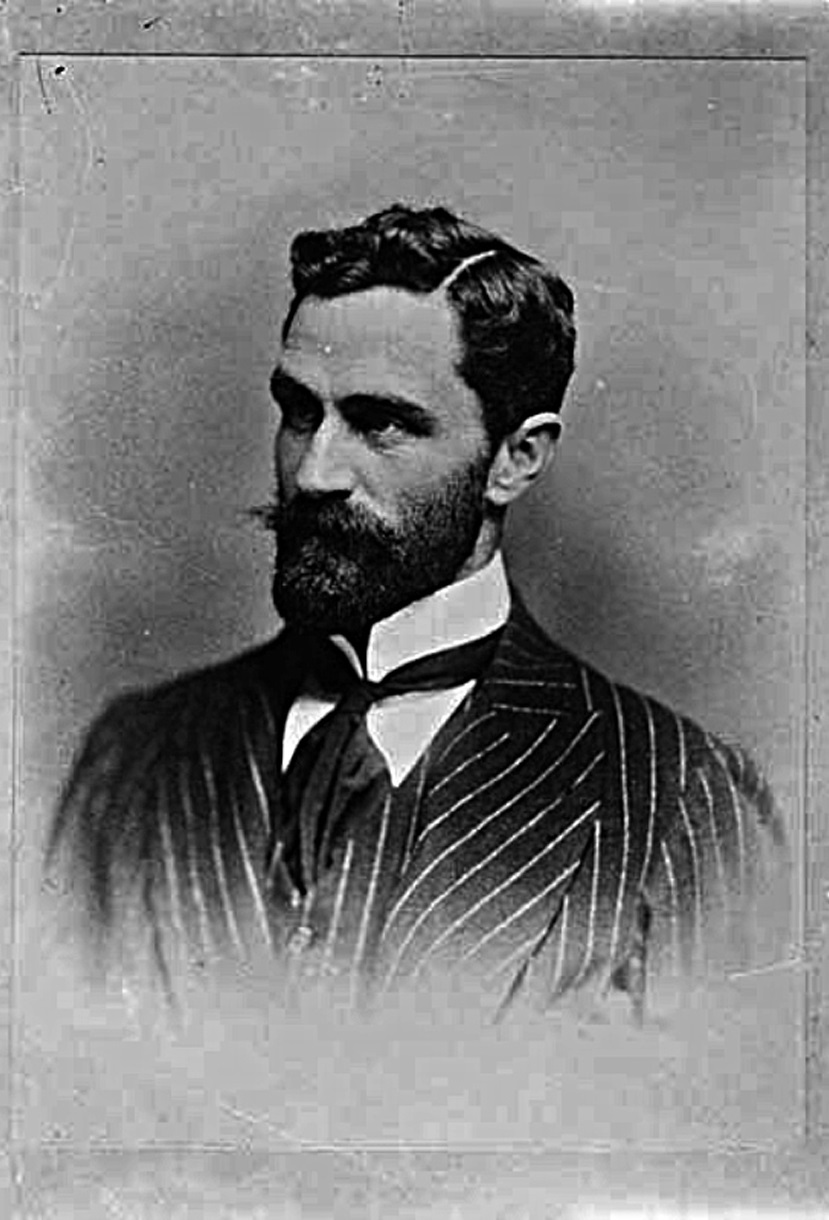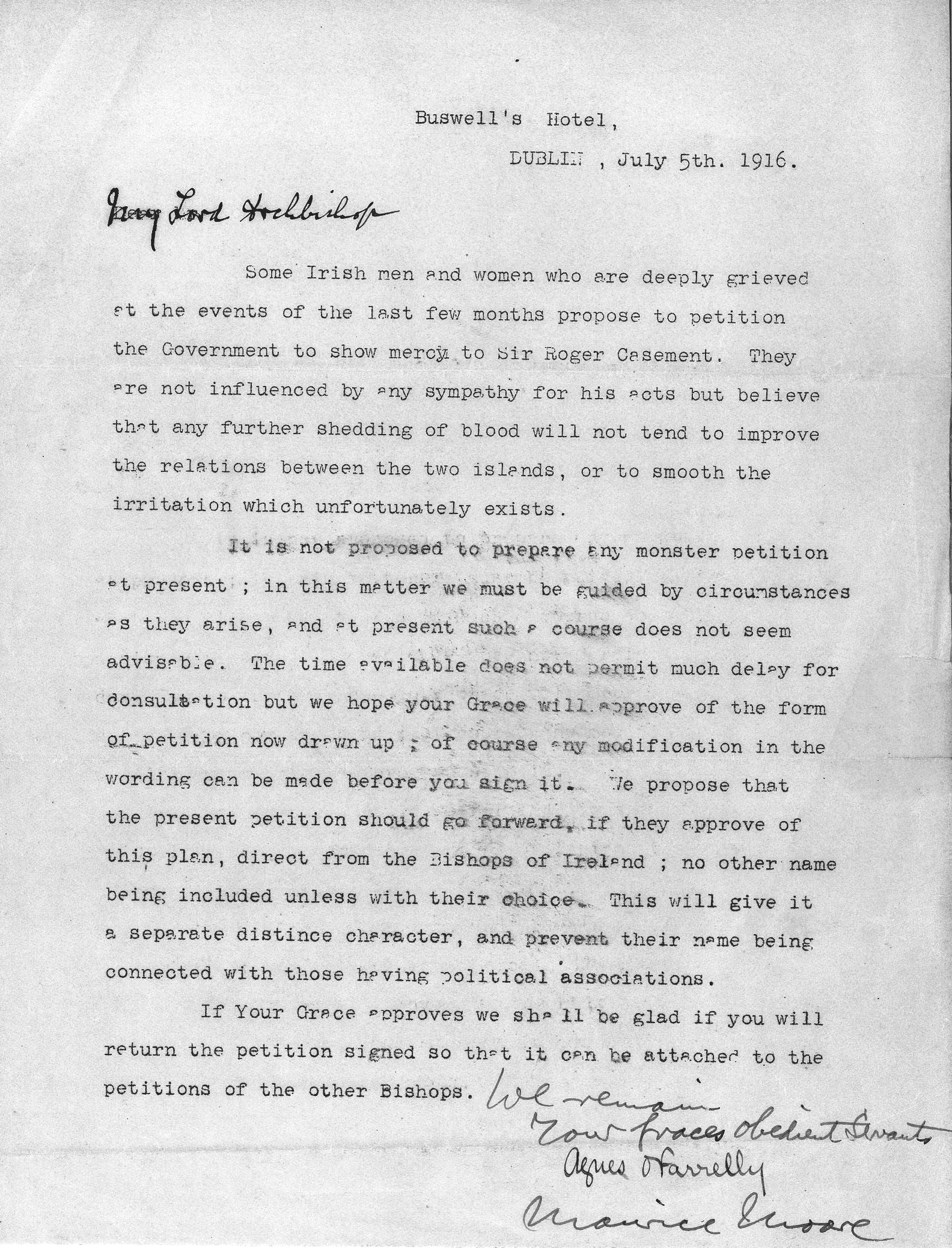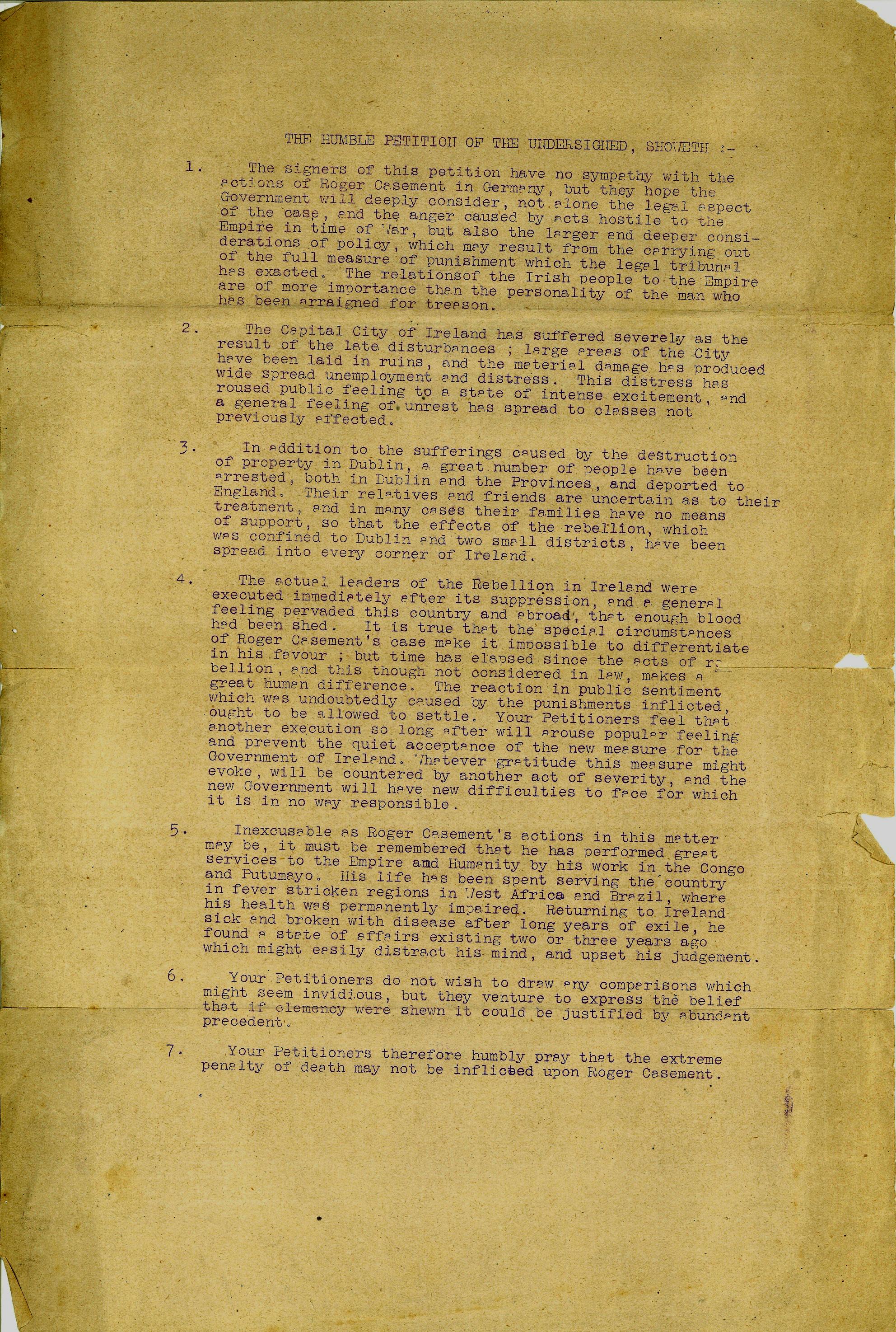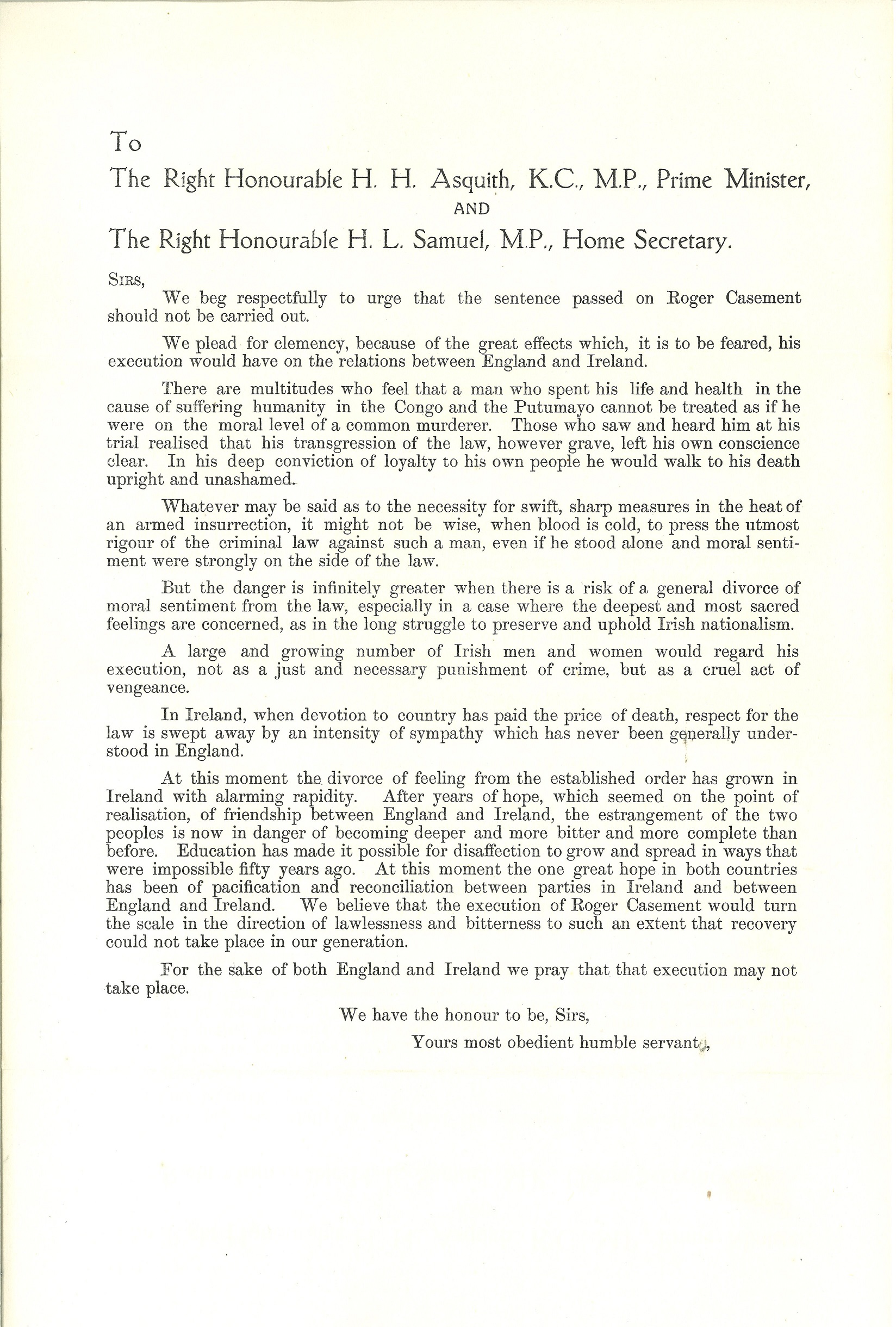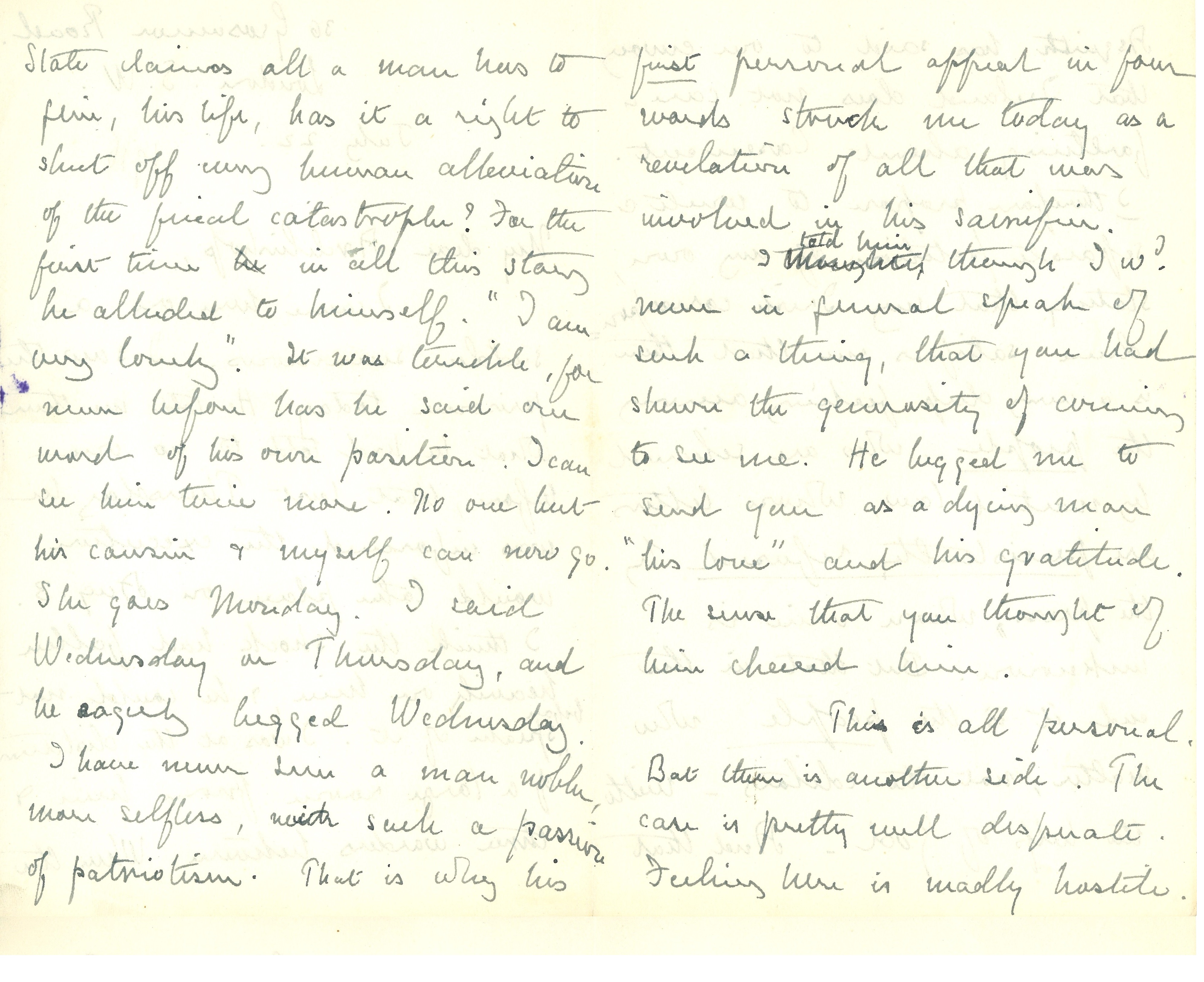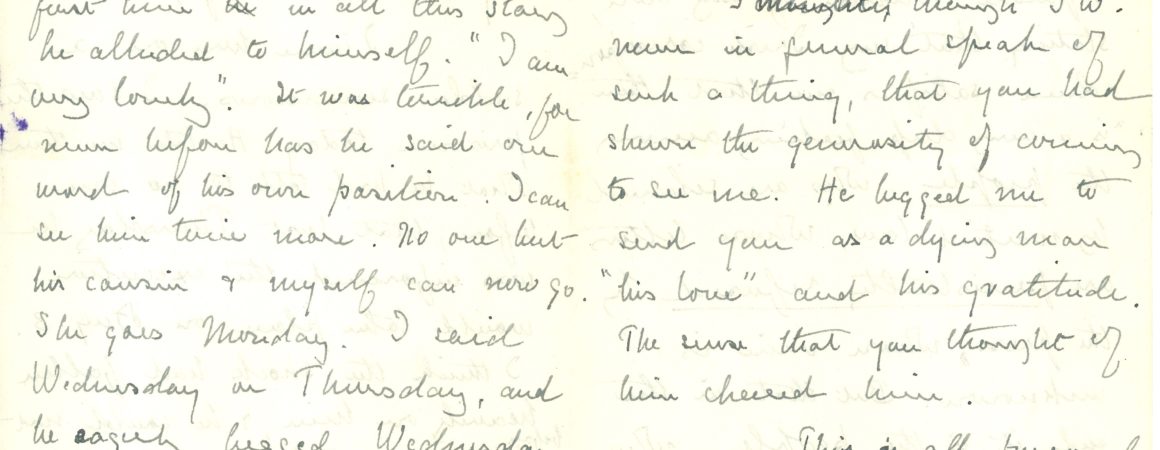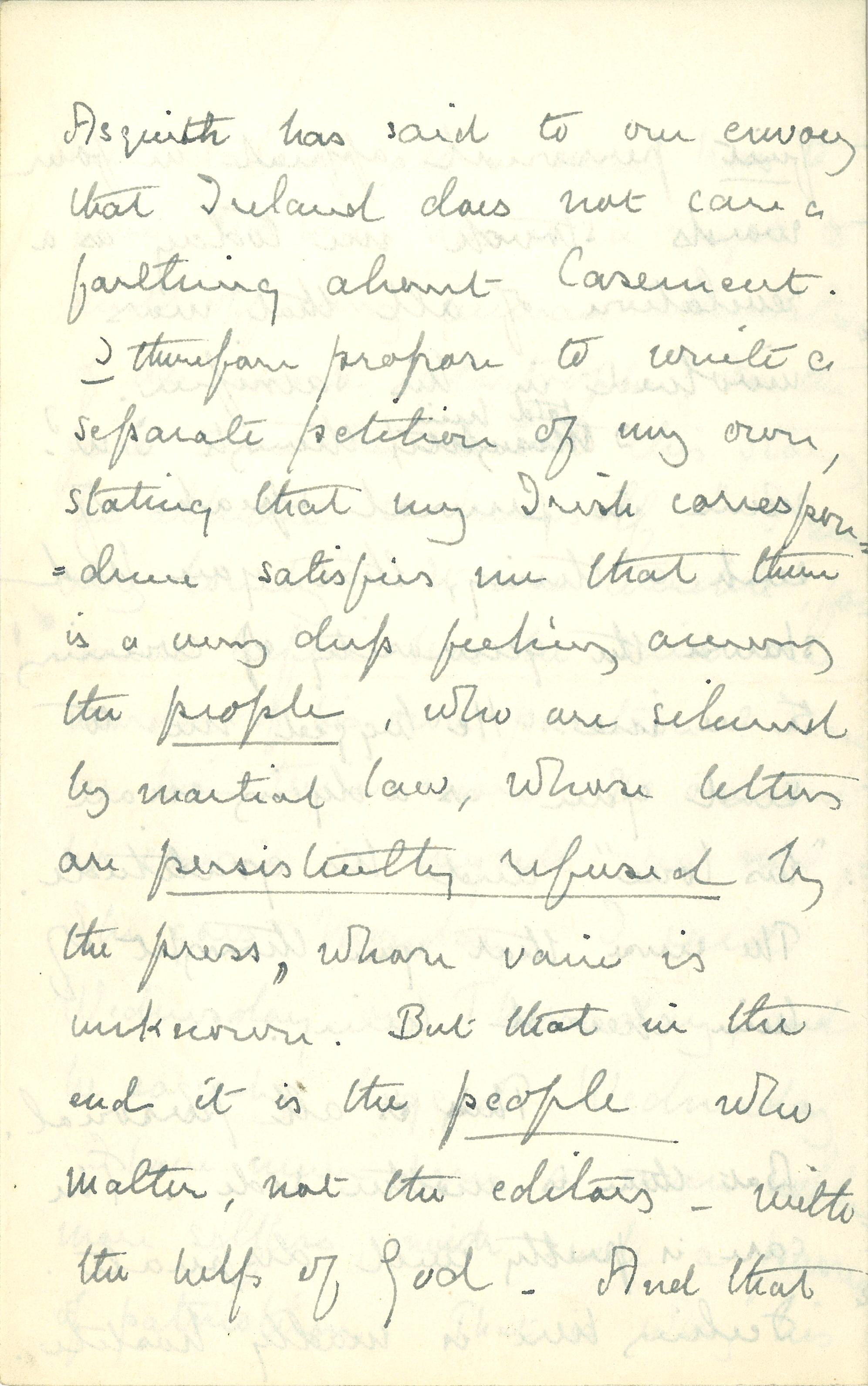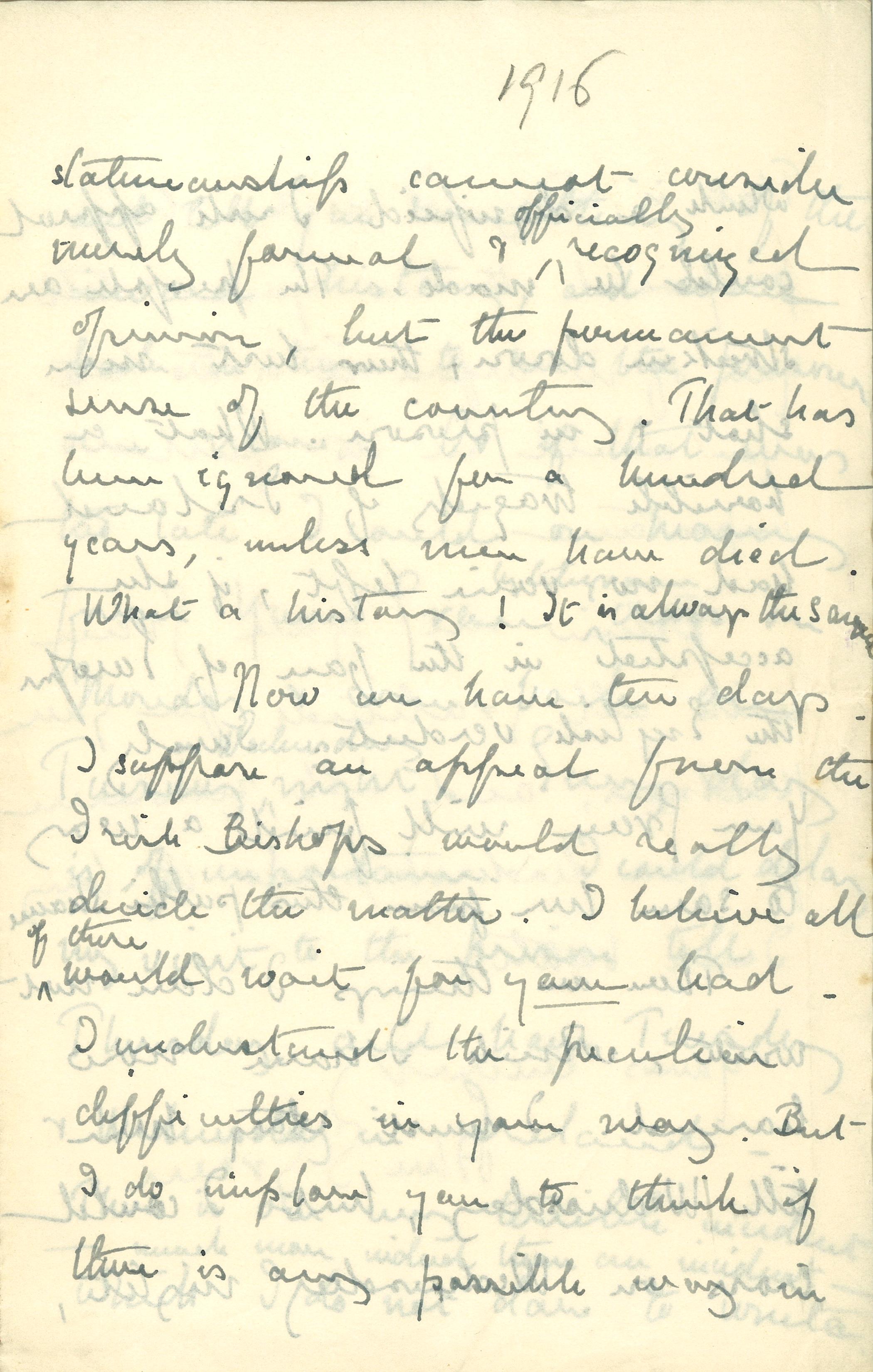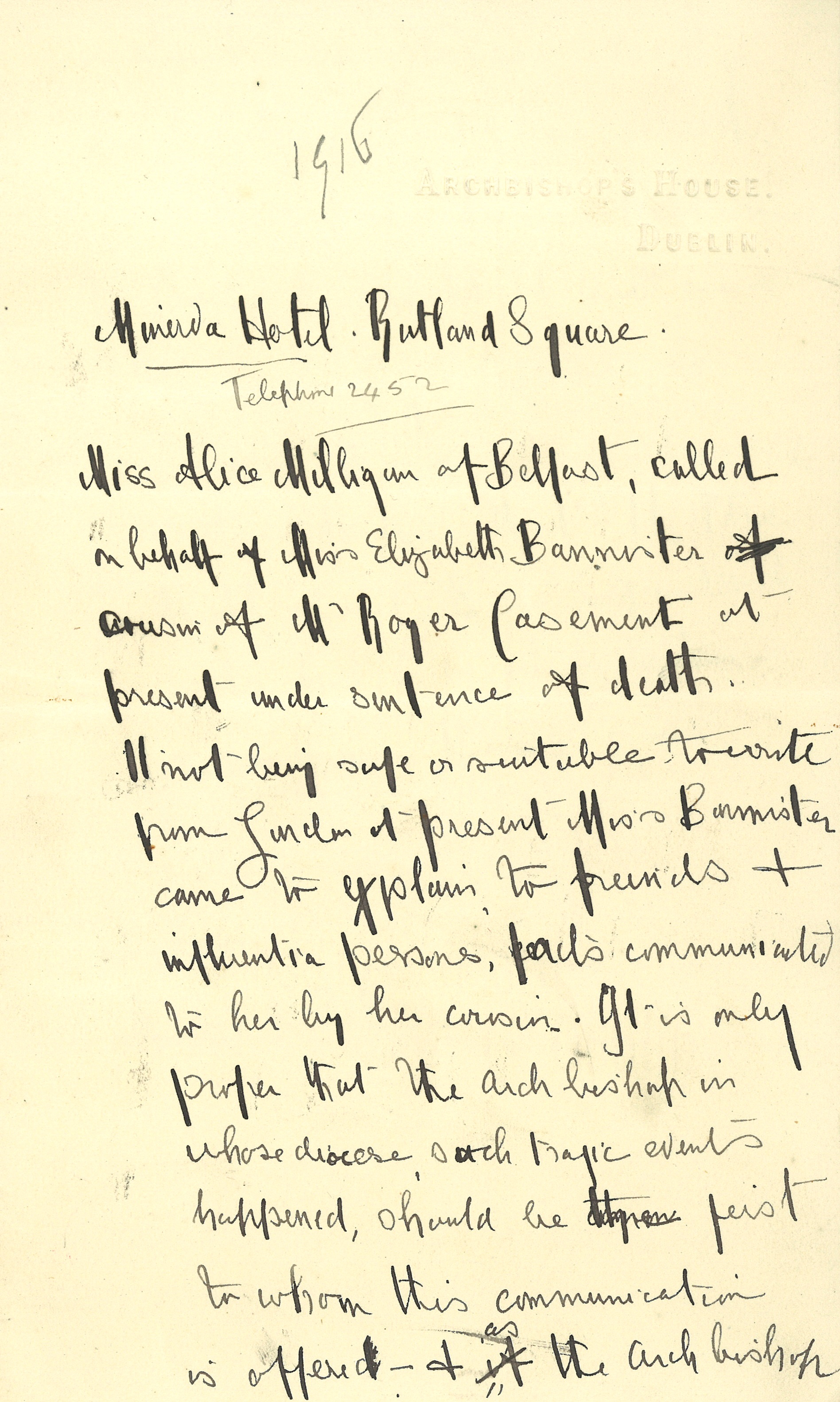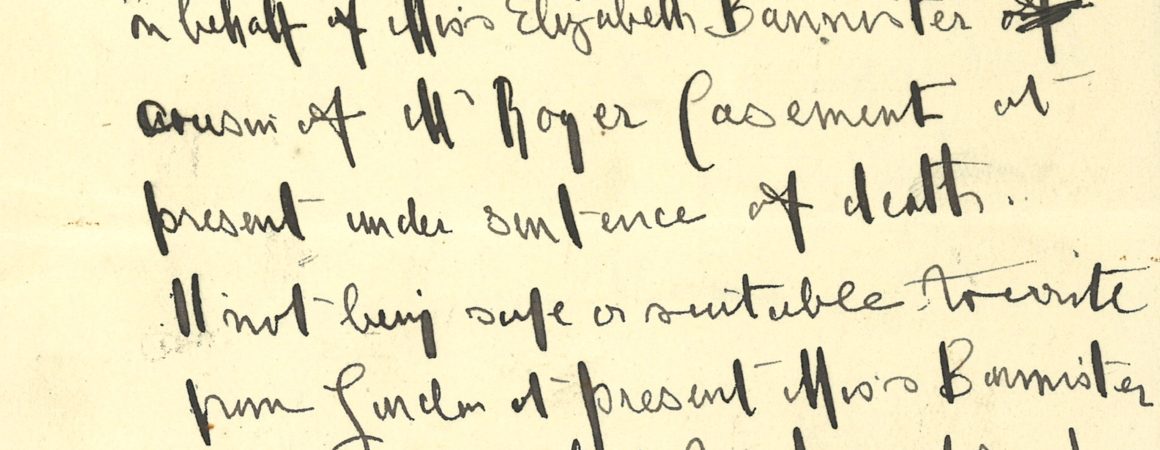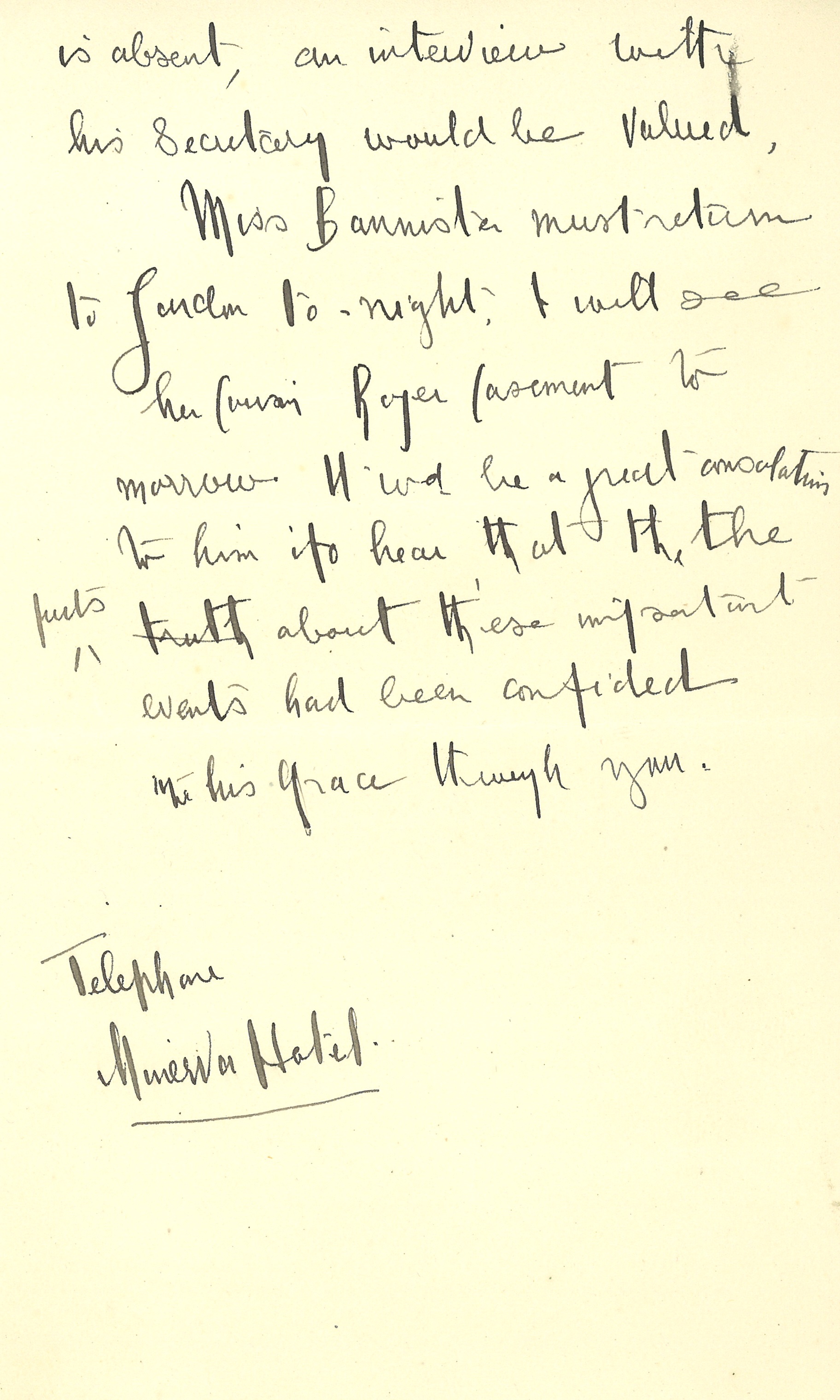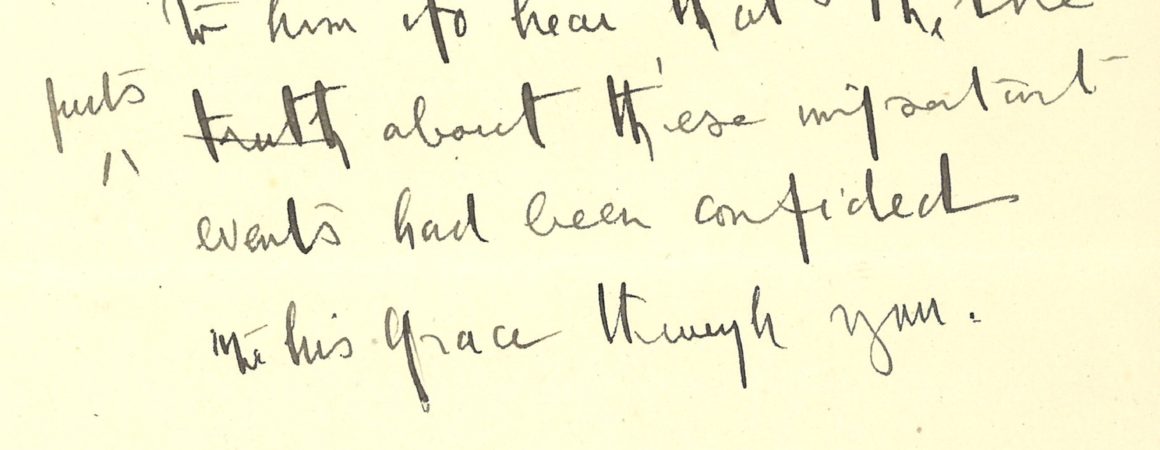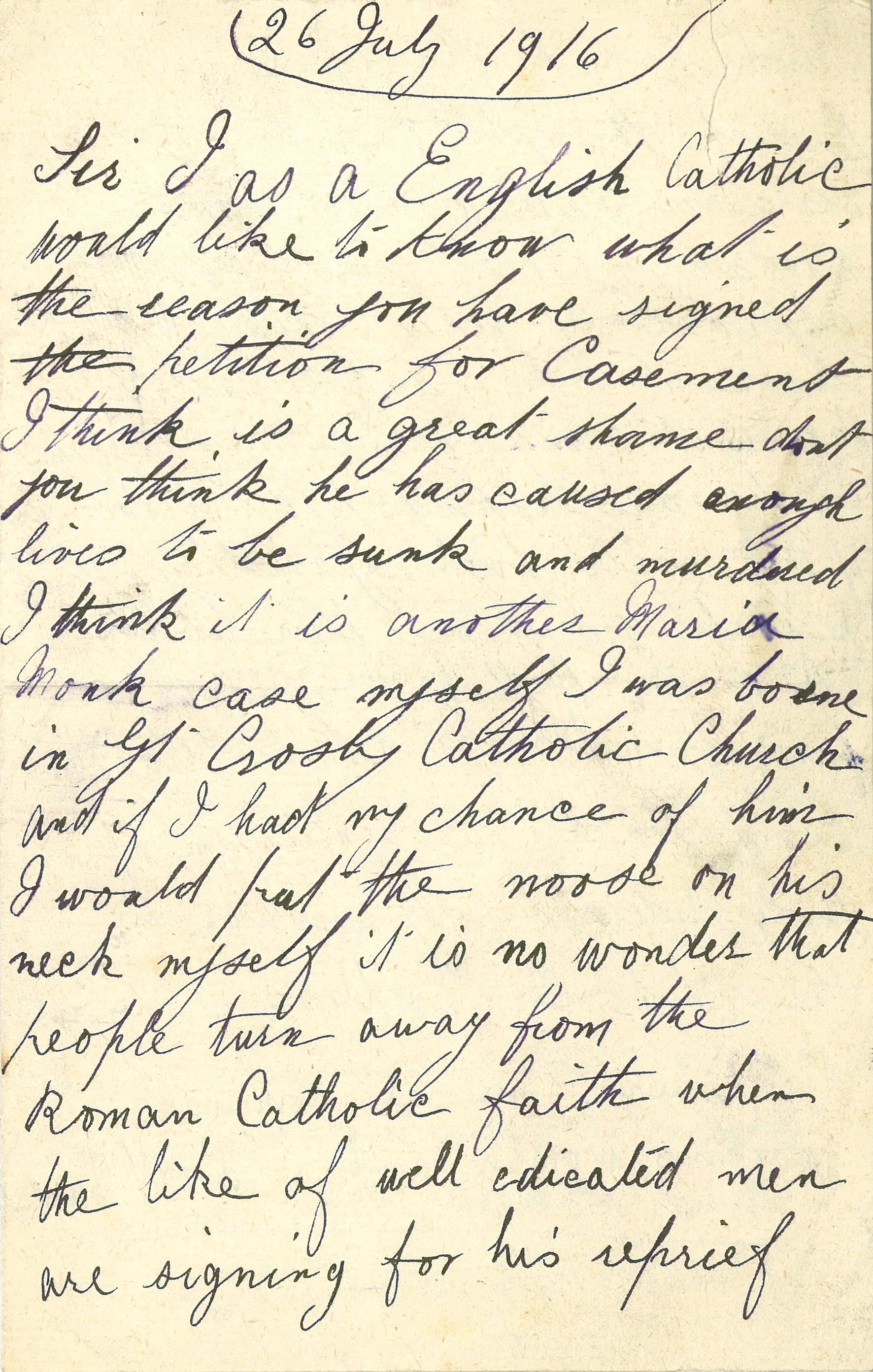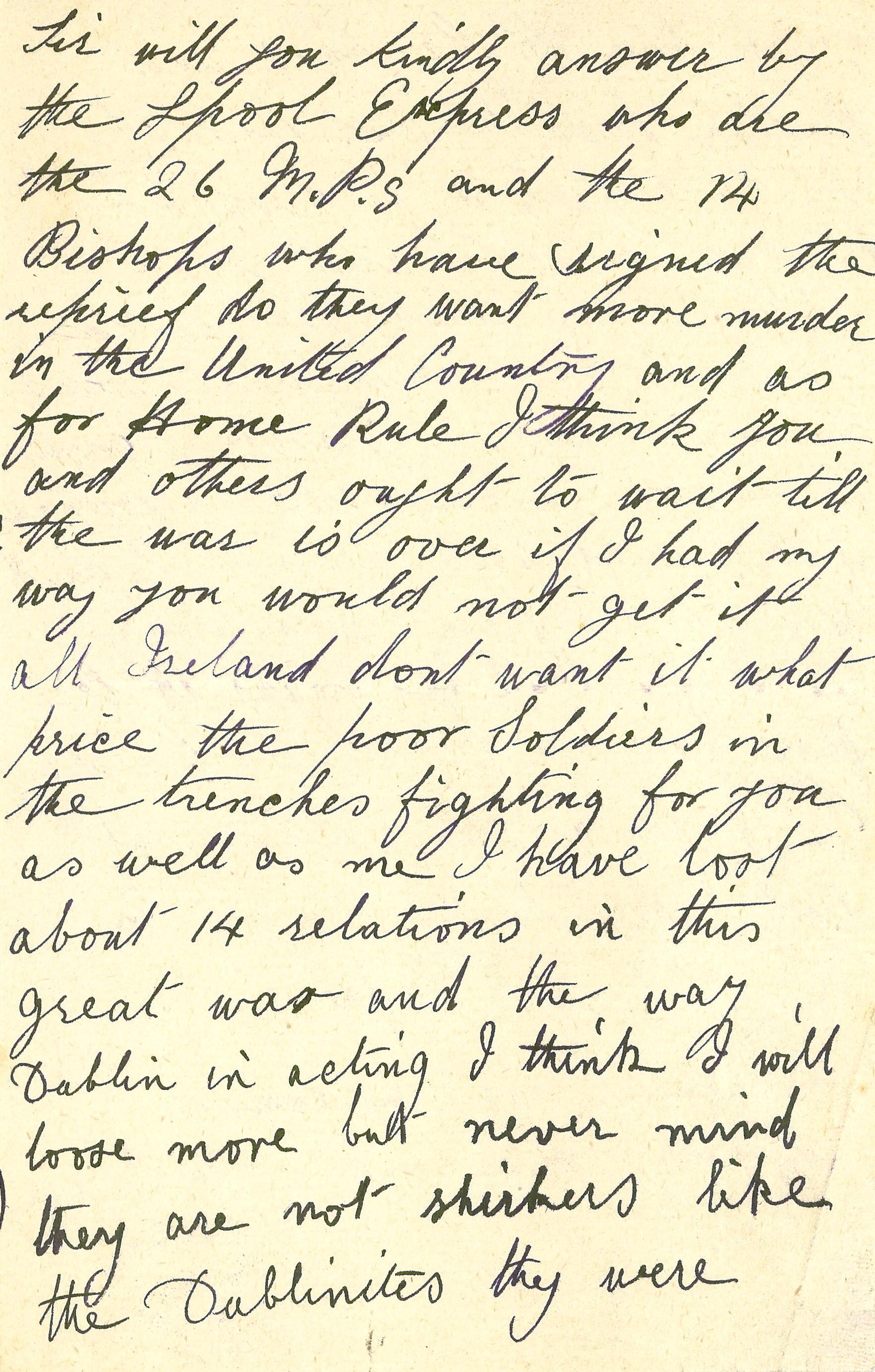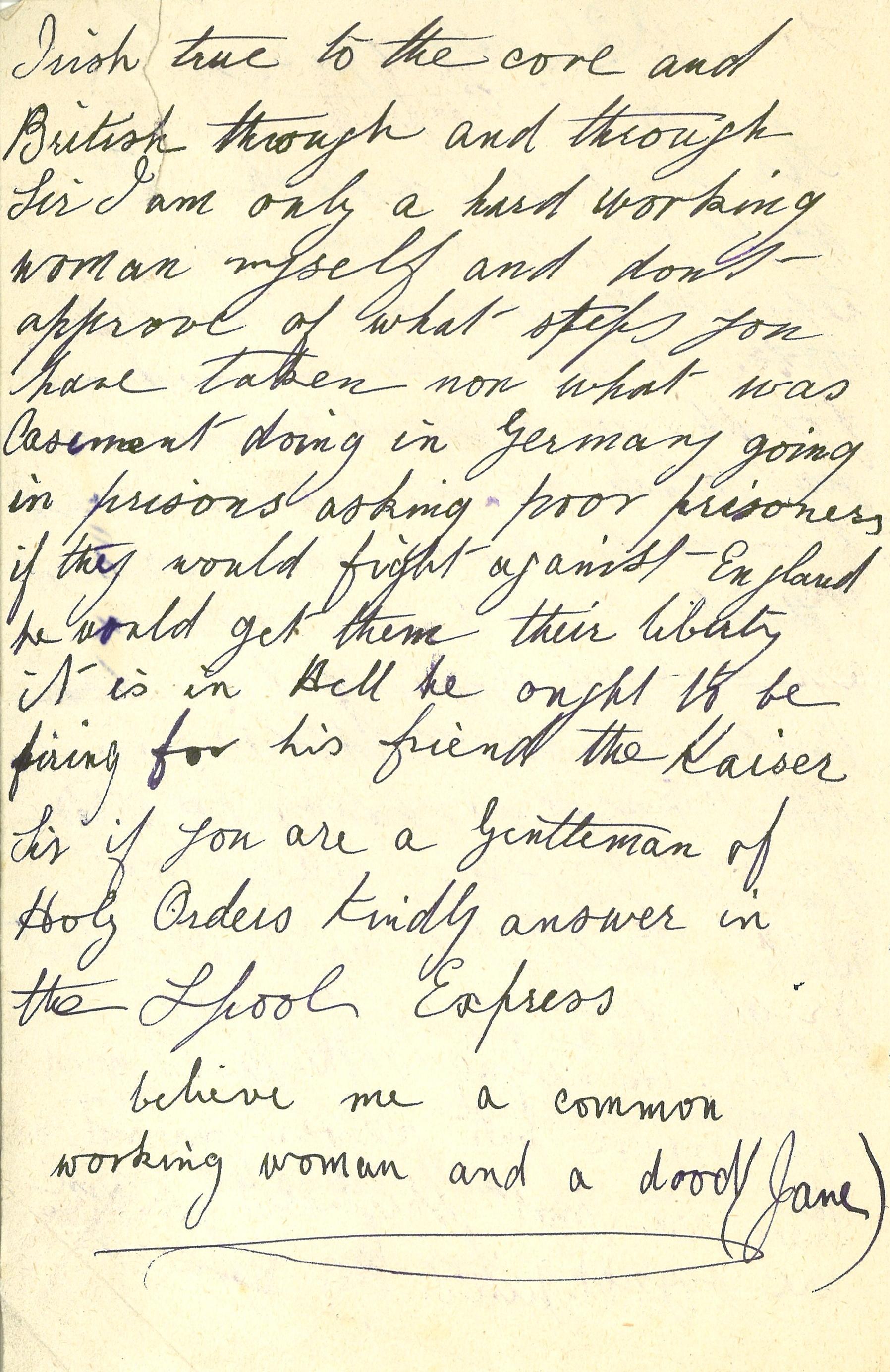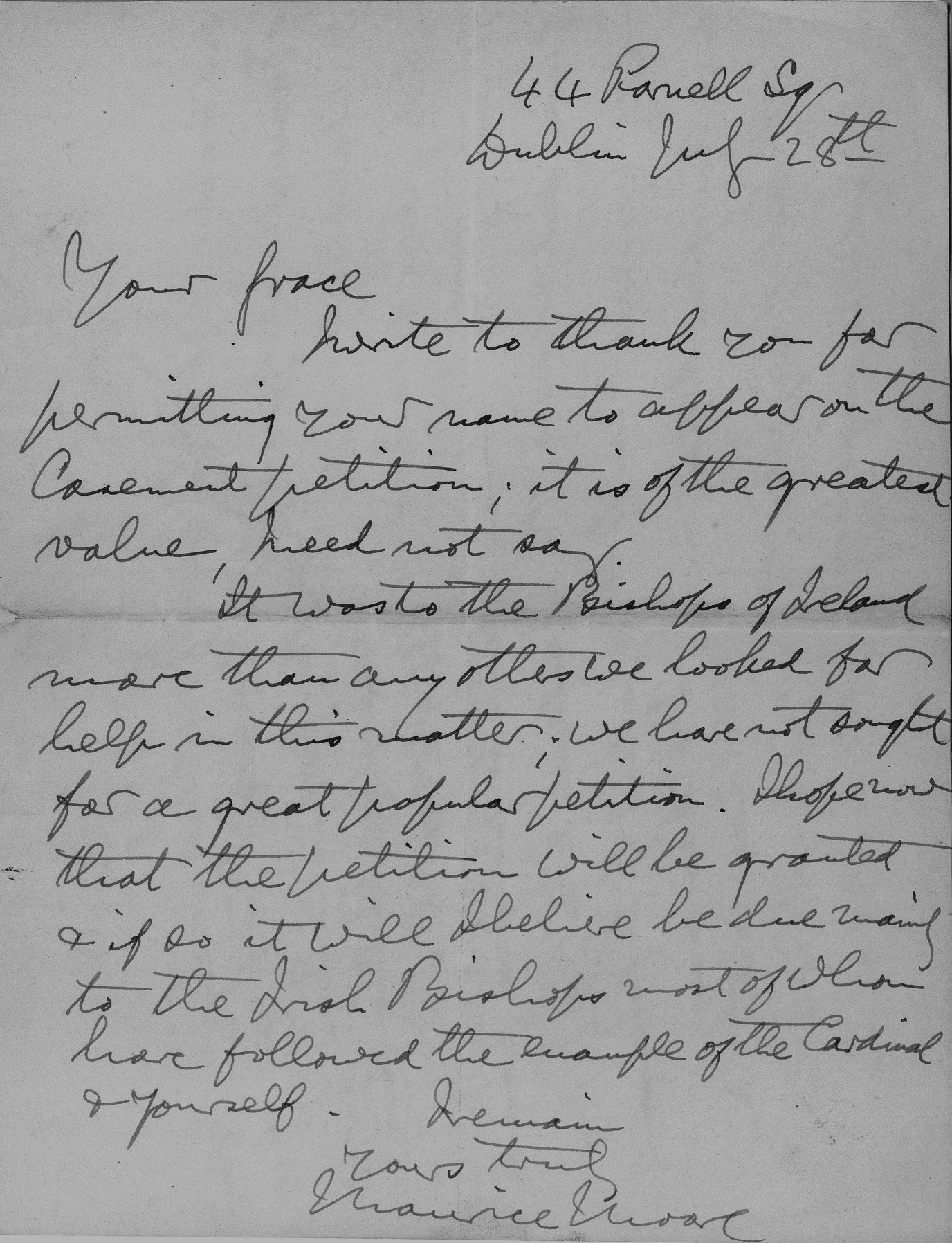Roger Casement
Sir Roger Casement was an Irish-born diplomat who served in the British foreign service. He reported on human rights abuses in the Belgian Congo and investigated the exploitation of the Putamayo Indians in the Peruvian rubber trade. In 1904 he joined the Gaelic League and grew increasingly sympathetic to the movement for Irish independence. Casement’s career of humanitarian work resulted in a knighthood in 1911 before his retirement in 1913.
On Good Friday 1916, Casement was arrested in Kerry while attempting to land arms shipped from Germany. He was charged with treason and on 29 June found guilty, stripped of his knighthood and sentenced to death. Friends and supporters started a petition to overturn the execution but their efforts would be in vain. Shortly before his death, the chaplains in London's Pentonville prison reconciled Casement into the Catholic faith. He was hanged on 3 August 1916.






